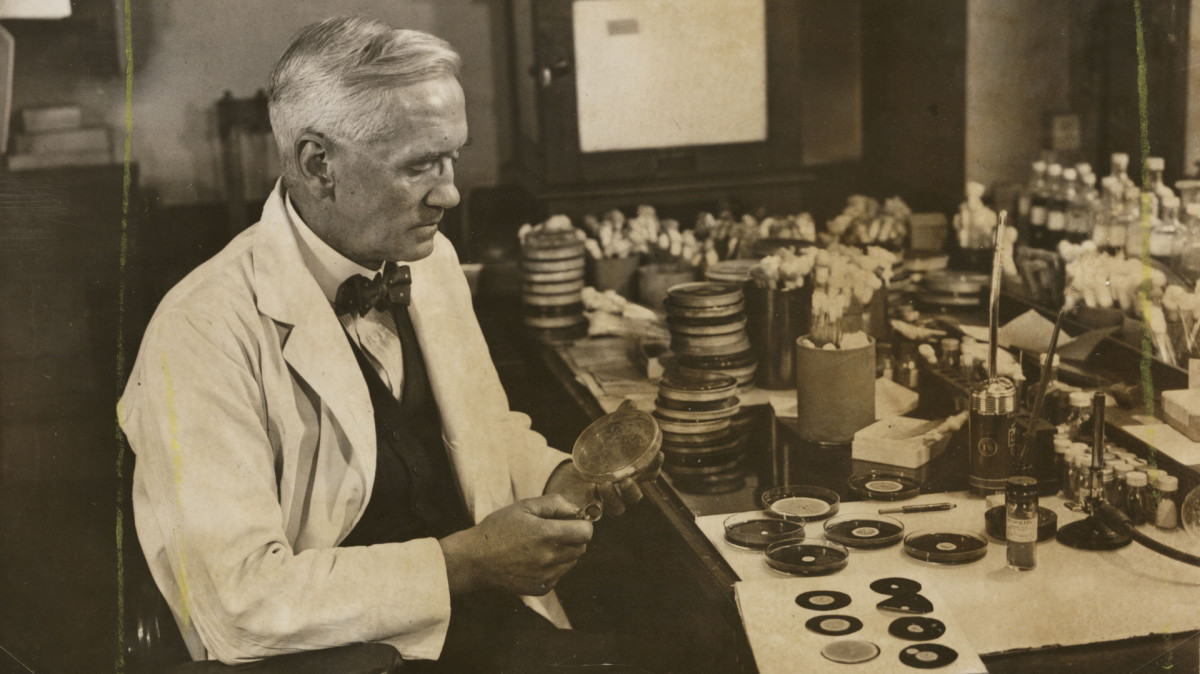History can be brutally boring as well as equally interesting, all depends on prospective. But did you know that some of the most important and disastrous events in human history were outcomes of unimaginably small mistakes and sometimes accidents? Keep reading the list to know who and what was responsible for those small mistakes, and how that mistakes later became responsible for large scale destructive and constructive events.
Napoleon Almost Wasn’t French
Napoleon was a French military and political leader, who rose to prominence during French revolution, and led several successful campaigns. Due to his remarkable achievements, courageous personality and invincible influence on the world, he remains to be one of the most celebrated and controversial figure in human history. But all of it wouldn’t have happened if he wasn’t French, and according to historians he almost wasn’t. The island he belonged to, only became French island 3 months prior to Napoleon’s birth.
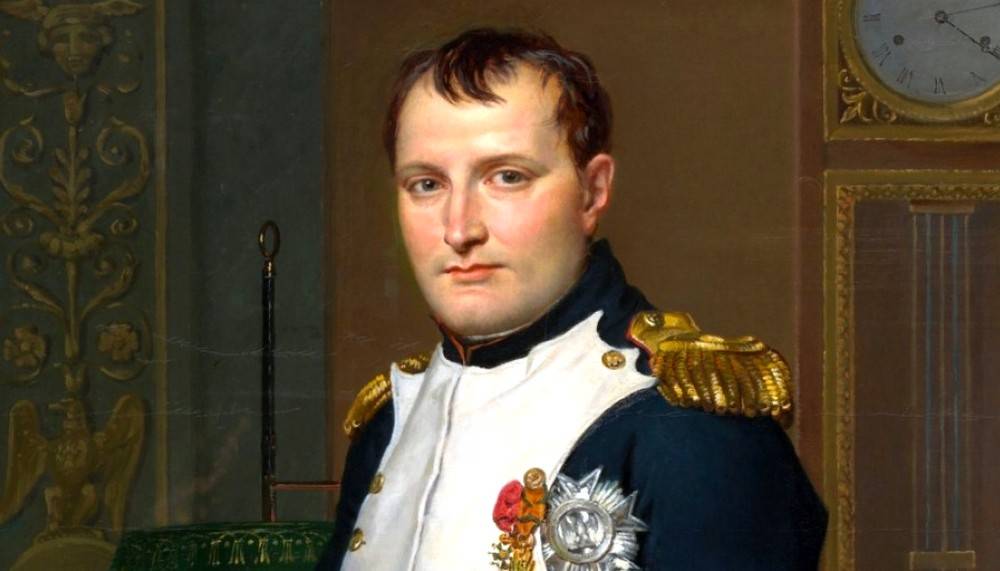
A meteor Is Responsible For The Spread Of Christianity
A Roman emperor named Constantine who ruled from 306 to 337 AD, was a significant figure in the history of Christianity, as he was the first person to claim conversion to Christianity in Roman empire. He also played an influential role for enabling tolerance of Christianity in that empire, which is one of the most important factor in spread of that religion.
However, he became Christian after observing a cross in the sky made out of light, while he was in a battle. He claimed to have seen a message of God guiding him in the battle. But today’s geologists believe that he might actually saw a meteor, which created an illusion of cross, and probably his wishful thinking convinced him that it was apparently a message of God.
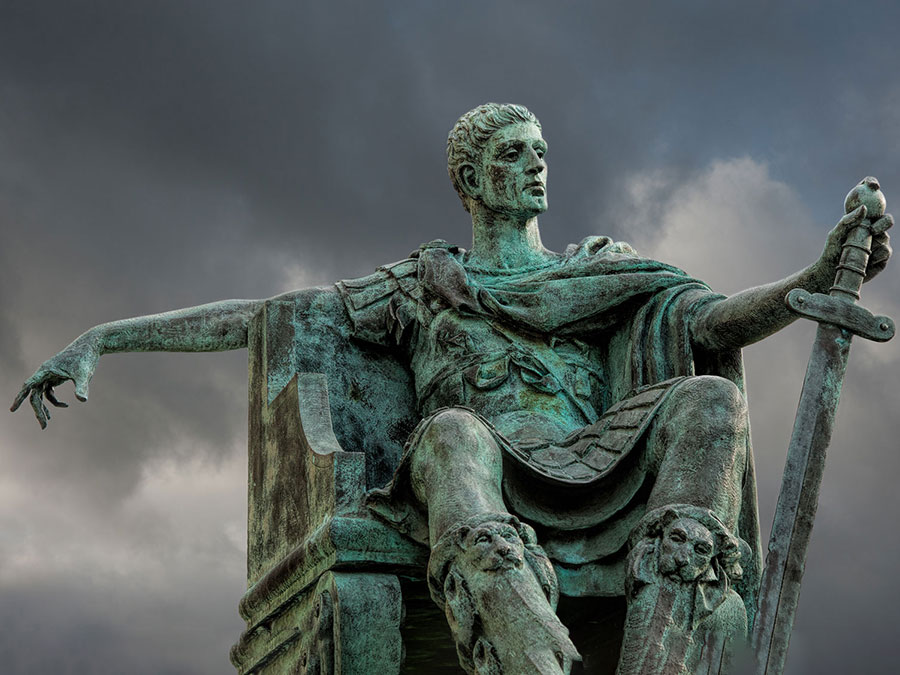
One Key Could Save Titanic
The crew of Titanic wasn’t using binoculars that could help them to spot the iceberg and get out of the way, soon enough to avoid the disaster. Apparently, David Blair was given the job of second officer on the ship, but he was replaced, and when he left, he accidentally kept the keys to his locker with him, that believed to contain binoculars intended to be used by the crew’s nest lookout. As you might have guessed by now, that key is extremely valuable in today’s time, because the key could have saved Titanic from sinking and hundreds of people from dying. The key was auctioned and a Chinese man bought it for £90,000.
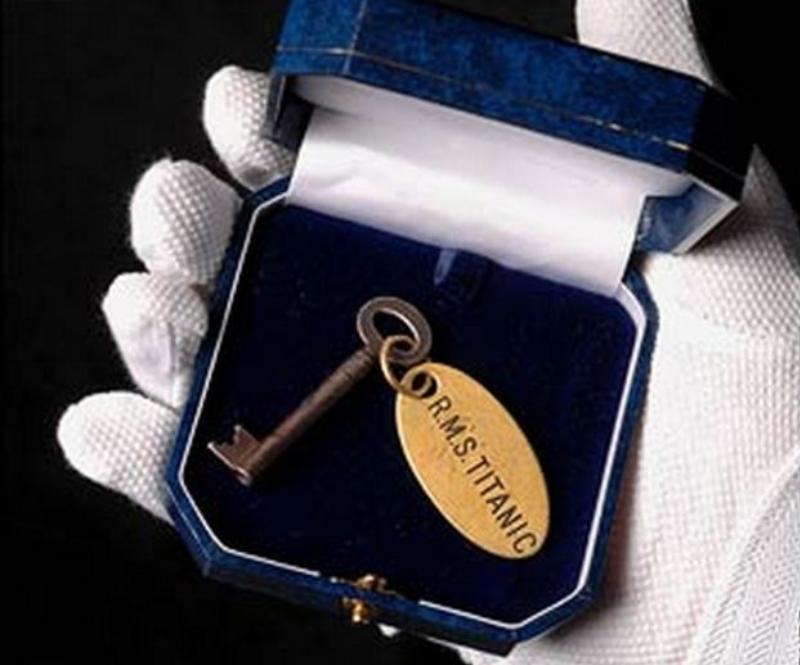
Safety Glass Was Invented By An Accident
If you’re unfortunate enough to get in a car accident while you’re driving, you’ll certainly have one odd working in your favour, your windshield. Windshield is made out of safety glass which is less likely to break and shatter into pieces to pose threat to your eyes. Safety glass was actually discovered in 1903 due to an accident. When a French scientist Édouard Bénédictus dropped a glass flask contained with plastic cellulose and nitrate, and it didn’t shatter. Later several tweaks gave us a perfect glass for our windshields.

Hitler Was About To Be A Painter
Adolf Hitler the leader of Nazi party, lone man responsible for World War II (deadliest war in human history), Holocaust at unbelievably massive scale and also for many other destruction’s world war caused. It’s hard to believe, but Hitler wanted to be a painter at his young age. He applied to academy of fine arts Vienna for drawing classes, when he was 18 years old but got rejected, but he didn’t gave up and applied again one year later. Again he got rejected and didn’t become an artist. What he became eventually is an ugly history.
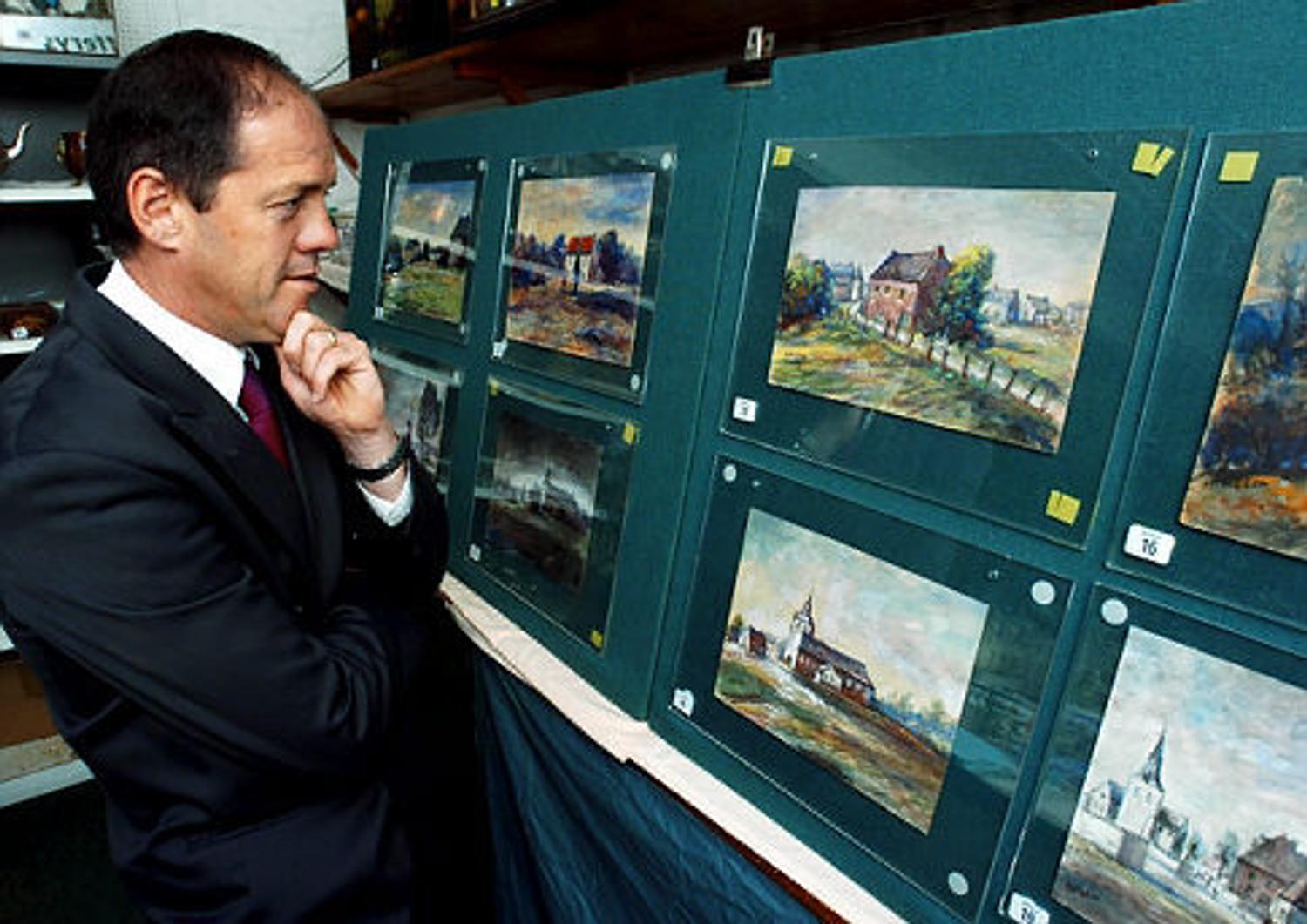
Penicillin was discovered by an accident
Penicillin antibiotics were among the first and most important antibiotics to be effectively work against bacterial infections. However, the story of its discovery is also quite fascinating. Apparently a Scottish scientist named Alexander Fleming was experimenting with staphylococcus, but he went on a vacation lasted for two weeks. Interestingly he left staphylococcus in a Petri dish. When he returned, he witnessed one of the most astonishing event in the history of medicine. He saw that staphylococcus was contaminated with blue green mould from an open window, more importantly bacteria were unable to grow anywhere near the mould.
